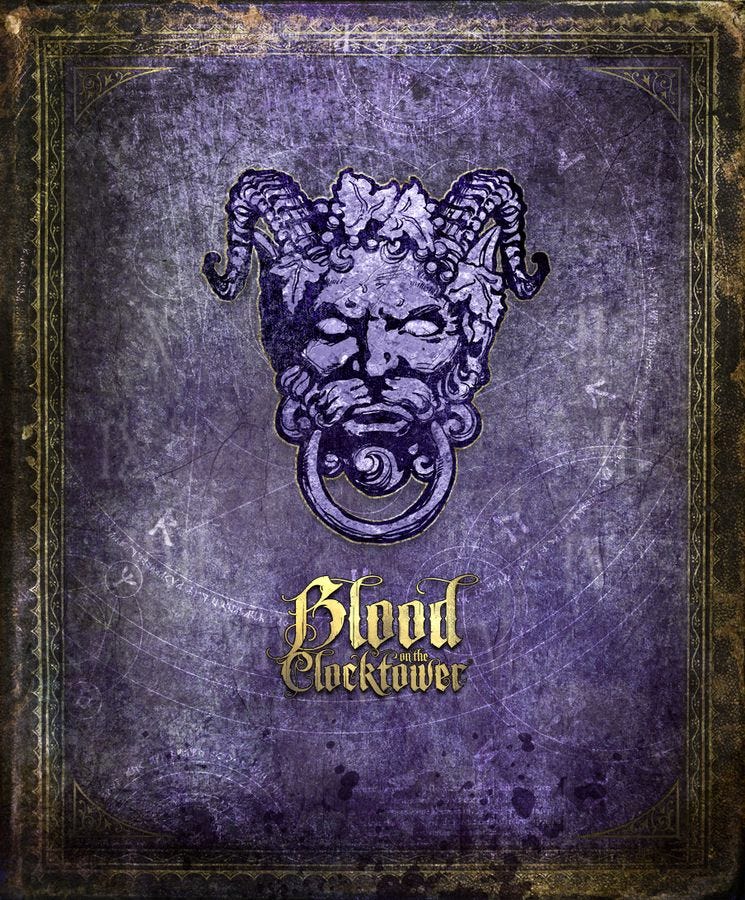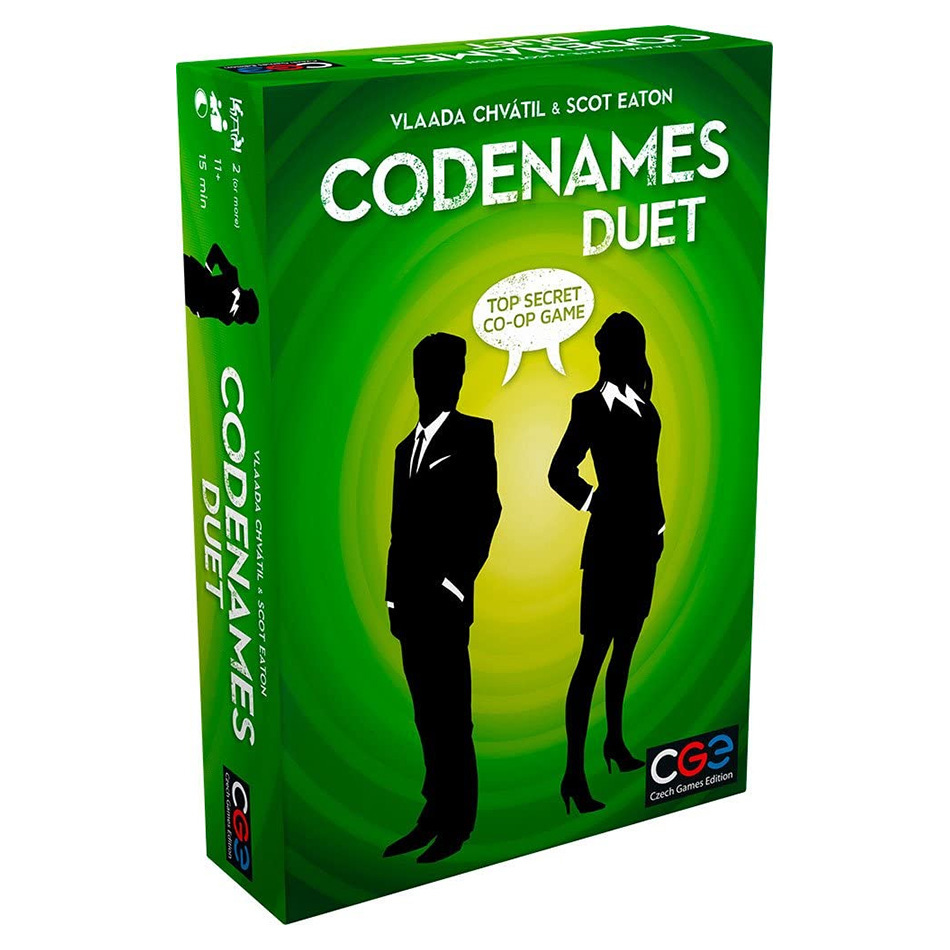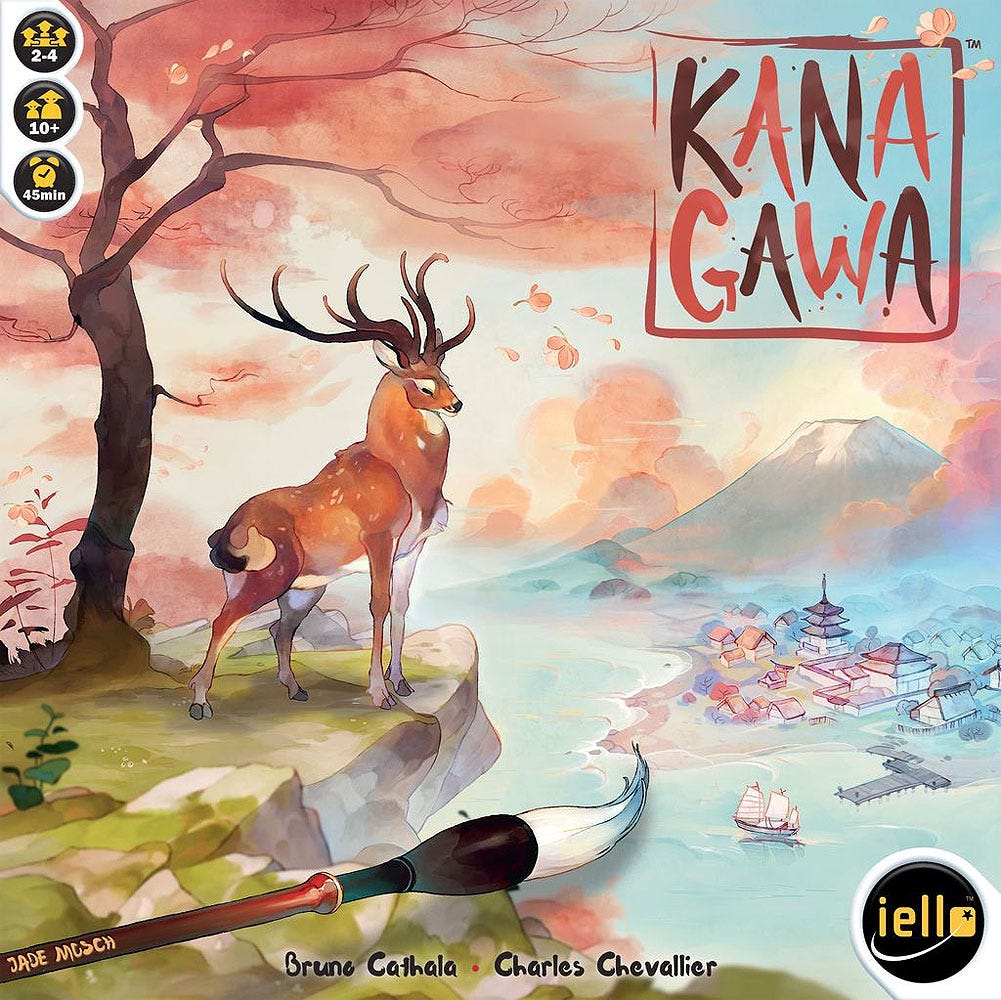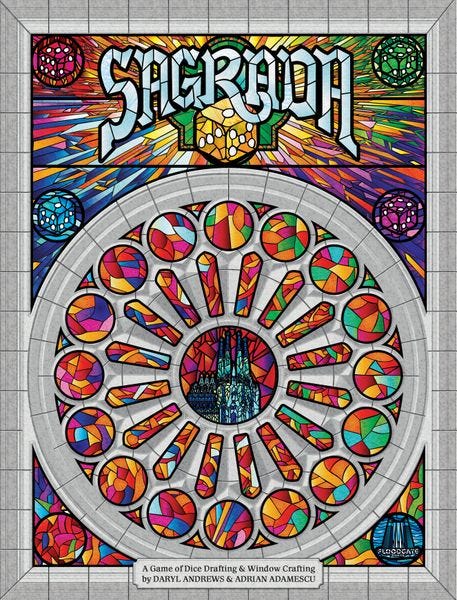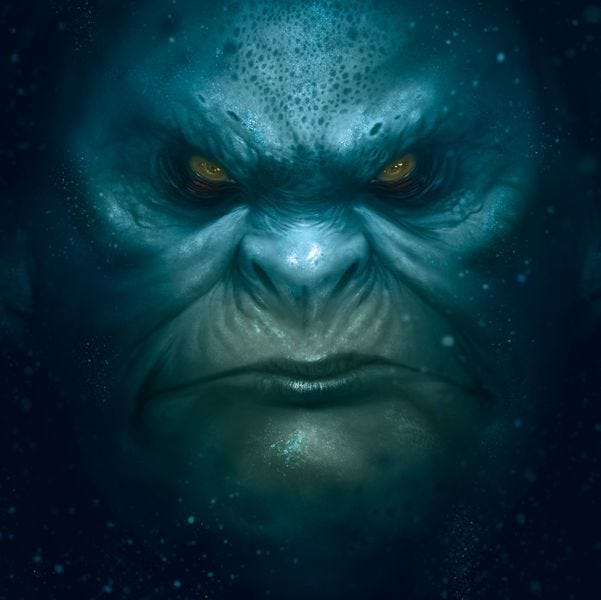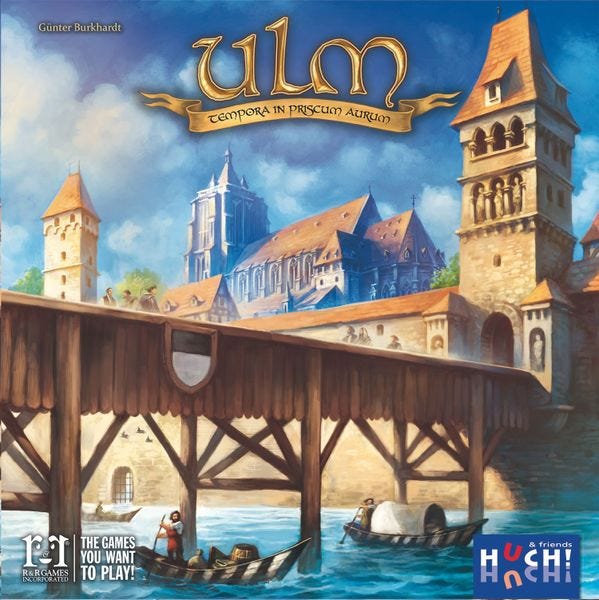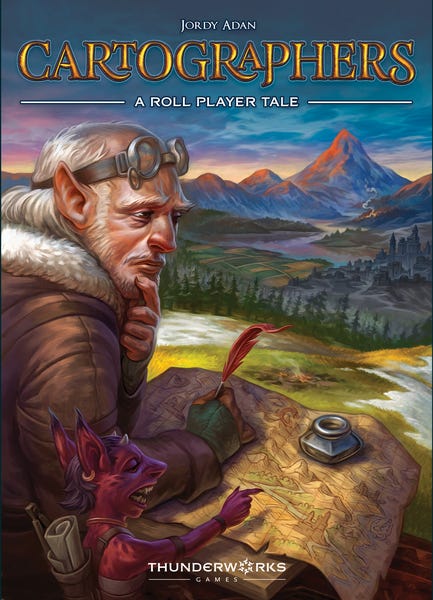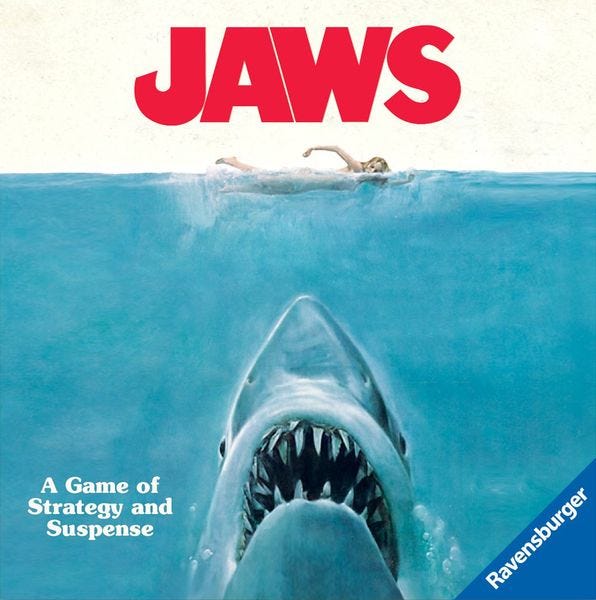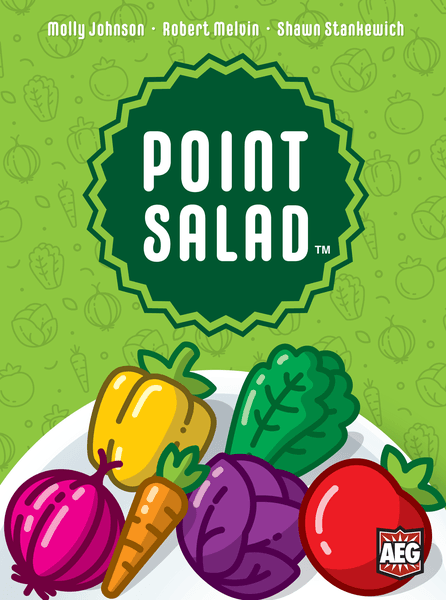Over the next two weeks, the lead up to me heading on the Dice Tower Cruise, I’m going to publish my top 100 board games as of the end 2023. Some work went into this the week of the Holiday Hangover, which has mostly been me getting our house ready for guests.
Some quick parameters. I did series of games as one game (so all the Gloomhaven games are one entry, Pandemic and Pandemic Legacy would fall under the same category) and I used my favorite of that series as the title. Games like the North Sea trilogy qualify as different games though. No CCGs, even though I love some of them.
My main criteria is how much I would be willing to play this game right now if you asked me. I used Pub Meeple’s ranking engine and I tried to use the parameter of the right setting for the game. Would I rather have a 7 player game of 7 Wonders or a two player game of 7 Wonders Duel?
You’re here for a list? Here’s the bottom of the list!
100. Blood on the Clocktower
Players: 6-21 (Best 8-12)
Playtime: 30m-2h
BGG Weight: 2.96
This is one of the few games on my list that I’ll likely never own. It is cost prohibitive for me for what comes in the box. That said, it is one of the best social deduction experiences I’ve had. I played it on the Dice Tower Cruise and it was amazing.
Much like Werewolf and it’s variations, you have a role with an ability. One player is the Storyteller and they have a tome from which they recite nightly events. The games tend to take about 45 minutes to an hour, feature no real player elimination and some of the most clever social deduction I’ve encountered. Adrianne was not a fan and this game was the one that helped her decide that social deduction is not for her.
Players that are killed in the night come back as ghosts to help the townspeople find out who the killer is. The Storyteller ensures that information is disseminated correctly and uses the tome to keep track of events so that players can accurately deduce what happened. Players spread information publicly or privately during the day, voting on who they think are evil at night and then the Storyteller will wake each relevant player at night to go over pertinent information for their role. Most of the game is informed by the way players play, as is the nature of social deduction.
If they come out with a budget version of this game, I will buy it happily. For now, it will stay a convention treat that I look forward to savoring.
99. Codenames: Duet
Players: 2
Playtime: 15-30m
BGG Weight: 1.36
Codenames probably doesn’t need an introduction if you’re reading this list, but if you’re unfamiliar the game plays out with one person giving a one word clue and then a number. Their teammates then try to figure out from a 5x5 grid of words what their Spymaster is trying to get them to guess.
Duet mixes up the formula a bit, you play with a partner and both of you alternate giving clues. One player can keep guessing as long as they hit on correct answers. If you pick a neutral clue, your turn ends and your partner gives a clue. If you hit the assassin, both players lose. You play until you hit an assassin or you collectively find the 15 correct clues.
Codenames saw a lot of play when it first came out, it was a huge hit with friends and family alike. Much like Apples to Apples and its many clones, I wore this out after years of people always clamoring to play. It is still something I’ll play once or twice, but for me, Duet solves a lot of the downtime issues and keeps the game fresh and engaging for me. If I’m in a group, there are a lot of other games I would rather play. I’m not big on two player only games, but this is one of the best.
98. Kanagawa
Players: 2-4 (best 4)
Playtime: 45 min
BGG Weight: 2
Kanagawa is a game we picked up because Adrianne loved the box art. It took us a few tries because the rulebook did not make sense to me and there were no good how to play videos on the internet. Honestly, I struggle when a how to play is equal or greater than the length of the playtime. If only we could clone Rodney Smith, eh?
Kanagawa is a relatively simple drafting game. You’re working on a landscape scroll and there’s a bit of push your luck with choosing when to draft cards that you’ll add as either a studio expansion or a part of the painting. There are variable scoring conditions that make each game a little different. More cards are added to the drafting section until you must draft a row and then you decide how the cards are used.
I love multiuse cards, I love dynamic drafting and I really like the artwork on this game. This is a great in-between game, light-medium weight. Accessible, quick playtime once you know how it works. The game has a endgame trigger that ensures games don’t run on too long and it’s fun enough that you can do two out of three and still not tire of it. We have the expansion but still haven’t played it.
97. Sagrada
Players: 1-4 (best 2)
Playtime: 30-45min
BGG Weight: 1.92
Sagrada is a game that isn’t quite the household name that Codenames is, but it is a tier down. It’s on video game consoles (I even have it on the Switch). It has multiple iterations now. Despite only being seven years old, it has a timeless feeling. For good reason, this is one of the better dice drafting games for an all around package.
Each player has a stained glass window pattern they are trying to create. Each round a pool of dice are rolled and the players take turns drafting in snake draft. Dice have placement rules, no numbers or colors can be touching orthogonally. There are hidden scoring objectives and public scoring objectives. There are a set of tools you can use to break the rules if you have the resources to activate them.
The game is easy to understand, it is colorful and it is fun. Probably the biggest hurdle it faced was coming out around the same time as the tile drafting game Azul, but I think there is room for both in your collection. Adrianne would tell you this is the better game, you’ll have to wait and see what I think.
96. Abyss
Players: 2-4 (best 4)
Playtime: 30m-1h
BGG Weight: 2.32
Abyss has you appealing to the underwater court to fill the power vacuum. By you, of course. This is another push your luck style drafting game. You’ll draft allies that you use to secure the favor of lords, each Lord has a recruitment requirement paid by specific members of the five different kingdoms. Once you have Lords on your side, you’ll gain access to parts of the kingdom that give you victory points.
When you draft allies, any that you don’t take are put into their respective piles and another player can choose one of those piles to add to their hand instead. The Lords give you different abilities based on the kingdom they rule over and victory points as well. There’s a little bit of set collection and some monster hunting, which is probably the weakest part of the game.
I like Abyss a lot, we have two expansions for it, but it’s a game I wore out. It’s still something I would play, but I’ve found other games to fill that void current or new games I’d rather play. There are worse titles to have than a game you’ve played to death.
95. Cascadia
Players: 1-4 (best 2-3)
Playtime: 30-45min
BGG Weight: 1.83
You’ve probably noticed by now that there are a lot of light to medium-light games in this range. They clumped up for a reason, these are all games I will play, but not always games I want to play. Cascadia is a tile laying game that is similar to other games like Calico and it’s the best of that bunch to me personally.
There are four habitat tiles and animal tokens to draft from each round. Each habitat tile has animals it can house and each animal has scoring objectives for placement. You’ll alternate drafting and then score based on the scoring cards, highest score wins. The game is fun, a little puzzle-y and is very accessible. It’s a good way to wind down at the end of a night or to open up a game night. It’s not quite filler length and these games have a tendency to brush up on my time limit, but if I were looking to introduce someone to gaming this would be a great entry point.
I don’t own this, mostly because I have other gateway games in my collection. I have played this many times with other heavy gamers though and it is usually a good time.
94. Ulm
Players: 2-4 (best 3)
Playtime: 45m-75min
BGG Weight: 2.7
Ulm is probably the most obscure game in this range of games. In the game, you’re trying to build a cathedral while moving down a river. You have a 3x3 action grid that dictates what you can do on your turn. The neat twist on this game is, once you’ve moved down river, you lock yourself out of actions. You’ll pick an action tile and carry out the three actions on your turn. You have ten rounds to become the most influential citizen in Ulm.
What really makes this game click for me is the planning required. The player interaction is tight in the way of the best Rosenberg games. Designer Günter Burkhardt has a number of games to his credit, but this is his mostly highly regarded. The biggest issue I can see for a lot of people is that this is essentially an abstract game. The actions don’t tie into the theme in a way that makes sense, but the game play is so satisfying that I don’t care. The ten round limit also ensures that the game stays on target.
93. Cartographers
Players: 1-9 (best 3-4)
Playtime: 30-45 min
BGG Weight: 1.88
Cartographers was a stand out title in the wave of roll and write games that hit about five years ago. Technically a Roll Player spin off, I found this game far more enjoyable. Each round you’ll have a set of landmarks to draw on your map and you will actually draw them on the map. There are scoring objectives each round and each objective is scored twice over the course of the game.
I am terrible at this game and most roll and writes in general. I don’t care, though, because drawing my little map is always fun. There’s some sabotage in the form of goblins that allow you to steal another player’s map and sow chaos. We laminated player boards and use dry erase markers. It works fantastic. There are other roll and writes I would recommend over this, but as far as thematic integration goes this is near the top for me.
92. Jaws
Players: 2-4 (best 4)
Playtime: 1 hour
BGG Weight: 2.15
Do you like the film Jaws? You’ll love this. As much as I hate Prospero Hall, in large part because they don’t share the designer of their games, they make consistently solid licensed games. In Jaws, you’re either the crew of the Orca - Brody, Hooper and Quint, or you’re Bruce, the shark trying to end summer at Amity Island.
This is a one vs many game and it works really well. In Act One, the humans patrol the island preparing for their assault on the shark. The shark is trying to eat as many swimmers as possible while avoiding detection in the water. In Act Two, the man goes into boat, boat goes into water. You definitely need a bigger boat! The humans try to take down the shark while Bruce assaults the Orca.
Act two is the standout of the game and it really feels like you’re under siege from a rampaging shark. Theme integration is top notch. No matter who wins, you’ll have a good time and being a shark attacking a ship is too much fun.
91. Point Salad
Players: 2-6 (best 3)
Playtime: 15-30 min
BGG Weight: 1.15
Point Salad shouldn’t work as well as it does. A card drafting game where you’re either drafting scoring points or ingredients in a salad. Scoring cards can be flipped over to become ingredients. You’ll either pick two ingredients or one scoring card. You play till the cards are all drafted and then score your tableaus.
The game is super fast, very rules light and so much fun you’ll play 2-3 games back to back. This is one of my favorite fillers, but like most of the games this end of the rankings, I’ve played it to death. This is a game that travels with me regularly, as I will play it with beginners and super experienced gamers. It has been a hit every time. Similar to other small box games like Sushi Go! this is a game I would recommend to almost all gamers.
That’s it for today’s entry, come back tomorrow for 90-81!




